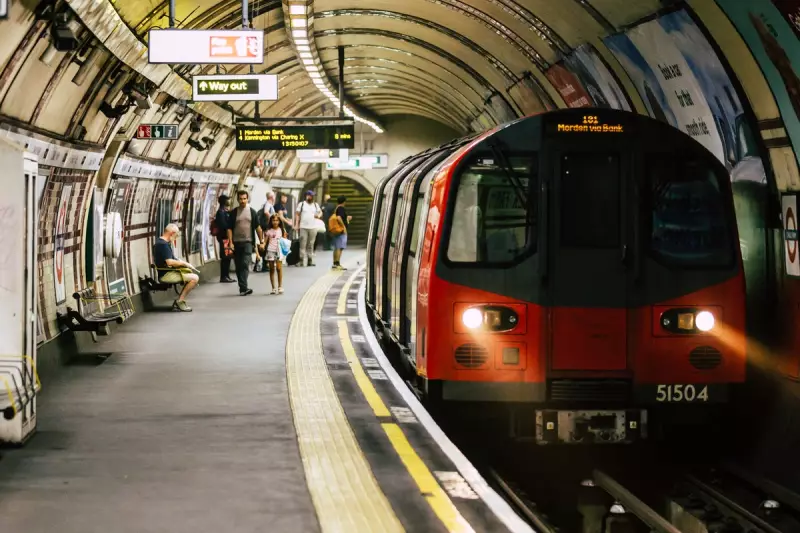
A controversial proposal from Conservative MPs could see the iconic sounds of buskers and personal music players silenced across London's entire public transport network, including the Underground, buses, and Overground services.
A Blanket Ban on Musical Expression
The proposed ban, championed by several Tory politicians, aims to extend existing quiet zones into a comprehensive prohibition against playing music aloud—whether by street performers or passengers through personal devices. This would represent one of the most stringent noise control policies ever implemented on a major city's transit system.
The Political Battle Over Public Space
The move has ignited a fiery political debate, pitting concerns about noise pollution and passenger comfort against the cultural significance of London's vibrant street performance scene. Supporters argue the ban would create more peaceful journeys, while critics condemn it as an attack on the city's cultural character and artistic expression.
What Would the Ban Actually Cover?
Under the proposed measures:
- Busking and street performances would be prohibited across all TfL services and stations
- Passengers playing music through speakers would face penalties
- Existing designated performance spaces might be eliminated
- Enforcement would likely fall to TfL staff and transport police
Cultural Heritage Versus Quiet Commutes
London's underground musicians have long been part of the city's cultural fabric, with some buskers even launching international careers from tube station platforms. The proposed ban threatens to erase this tradition, potentially changing the auditory landscape of London travel forever.
The debate continues as politicians, transport authorities, and cultural advocates clash over the future of sound in Britain's busiest transit network.





